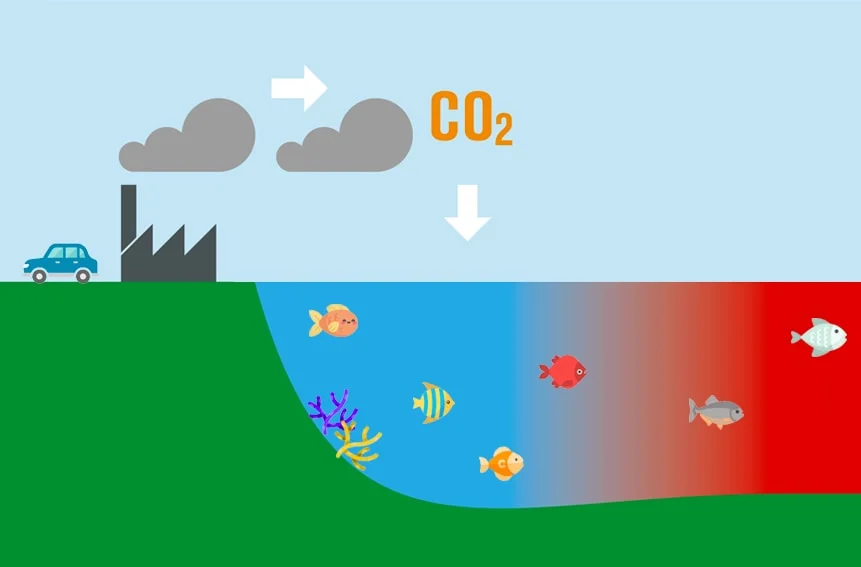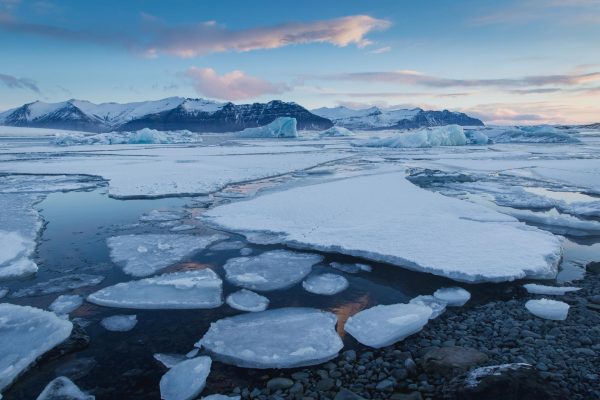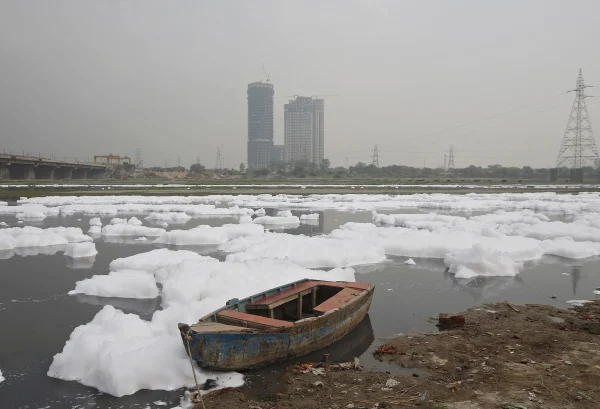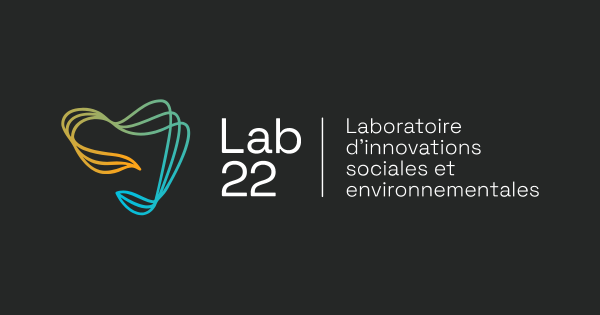Ocean Acidification: A Problem that we need to talk about
Ocean acidification is a problem that not a lot of people are really aware of and that can cause negative effects on the human population.
Water acidification is defined as a decrease in pH in the ocean over time. Mostly due to the uptake of carbon dioxide (CO2) from the atmosphere. CO2 is the main cause of Greenhouse gas emissions. Canada’s Greenhouse gas releases mostly come from burning fuel for electricity and heat, transportation, agriculture, industrial processes and manufacturing, and more.
“The ocean absorbs about 30 percent of the CO2 that is released in the atmosphere, and as levels of atmospheric CO2 increase, so do the levels in the ocean,” says the NOAA.
Ocean acidification will mainly affect marine species, plants and algae, zooplankton, and coral reefs. The consequences of this on marine life are the alteration of marine food chains, difficulties for marine organisms developing (shells and skeleton dissolving), and increases in the toxicity of shellfish.
This is what can happen when It affects the behavior of non-calcifying organisms, mentions the NOAA, “Certain fish’s ability to detect predators is decreased in more acidic waters. When these organisms are at risk, the entire food web may also be at risk.”
There are consequences on the human population from those on the non-calcifying organism. They will mainly affect Human health, reduced storm protection provided by reefs, opportunities for tourism, starvation of populations depending on food from the ocean, decreasing harvests, loss of jobs, and decline in the seafood economy.
Some solutions to cease this issue are to reduce your CO2 emissions by eating less meat, applying the three R’s (Reduce, Reuse and Recycle), driving and flying less, buying fewer things, stopping the utilization of plastic, and educating everyone on the subject.












Pater Valois Munyengangop • May 12, 2022 at 9:42 am
Wow Joseph! nice article i am proud of you